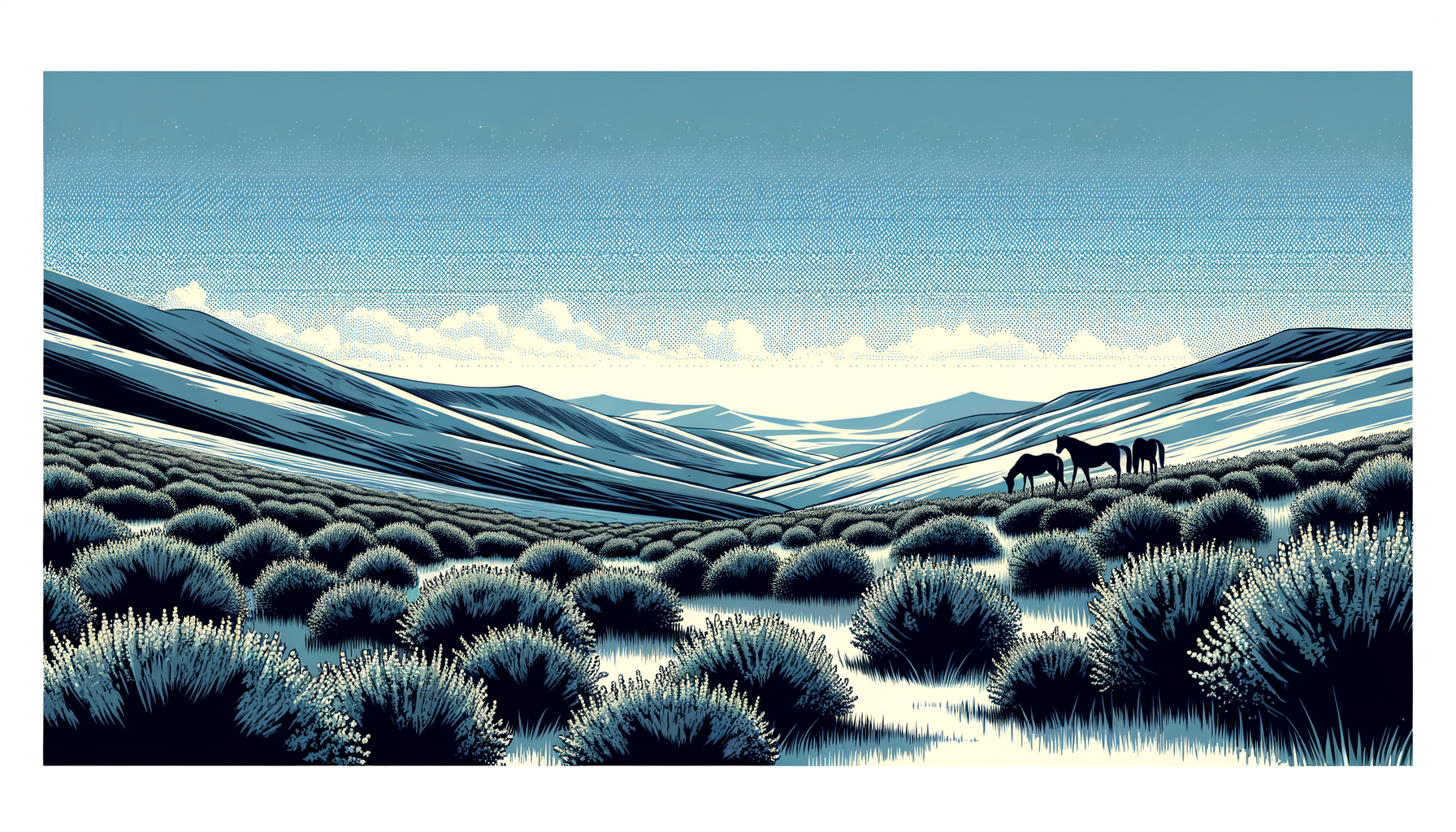I used to say my hometown smelled like sagebrush and woodsmoke—and a little bit like heartbreak. Growing up on the Navajo Nation reservation in northeastern Arizona, home wasn’t just a single place. It was canyon echoes carrying my grandma’s prayers in the early morning. It was the taste of fry bread so crispy it flaked when you laughed too hard. It was also the crushing reminder, every time I turned 16-year-old eyes toward the horizon, that I wanted to be anywhere else.
If you’re someone who’s nursed an awkward relationship with where you grew up, you’ll understand that tug-of-war. Even now, as an adult, I sometimes find myself dancing between nostalgia and frustration with home. It’s like that ex who sends you random late-night texts saying they miss you—it’s both endearing and maddening.
Let’s unpack this love/hate thing, shall we?
Home, the Constant Tinder Profile Swipe
Growing up, I treated my rural corner of Arizona the way people treat bad Tinder bios. You know the type: “Just a small-town guy looking for a country girl who can keep up.” Whenever someone asked where I was from, I’d cringe and give some apologetic version of the truth: “Oh, it’s not much more than dirt roads and the occasional sheep traffic jam.”
I didn’t give it enough credit back then. Home, after all, had some incredibly unique features. Starry nights so awe-inspiring that even rom-com characters would stop their flirty banter just to gape. Elders who could weave stories so rich and textured that you’d forget boring small talk was ever a thing. And a sense of community so tight that every kid in our neighborhood acted like an honorary cousin—whether you wanted them to or not.
But when you’re young, all the romantic sheen of “belonging” feels more like smothering. I could list every rock formation within a ten-mile radius, but I dreamed of shopping malls, art museums, and, frankly, Wi-Fi that worked. The desire to leave became a kind of rebellious crush—exciting and undeniable, but based more on fantasy than fact.
Coming Back as the “Main Character”
Fast forward to my twenties, when I moved away for college. Imagine, if you will, fresh snow in Vermont and me playing “Wide Open Spaces” by the Dixie Chicks on repeat. I thought leaving home meant finding myself. And I did, in some ways: I learned the difference between yams and sweet potatoes (a surprisingly imperative life skill in New England dining halls), balanced cultural anthropology textbooks with part-time barista gigs, and met people who thought Arizona’s cool factor began and ended with the Grand Canyon.
But something unexpected happened. The farther I got from home, the louder it called me back. At first, it was subtle. A pang of longing when I saw red clay-colored pottery in a museum. A craving for mutton stew on a cold day. Then, while doing field research back in New Mexico, it hit me like missing the last bus: I started seeing home with fresh eyes, the way you might bump into that ex at a café and be reminded, “Oh yeah—you’re kind of amazing.”
When I visited family on the reservation, certain details leapt at me. The sight of my mom carefully folding a Navajo rug as if the threads carried our entire history. Or the way the land smelled before a monsoon—earthy, alive, forgiving. Suddenly, my hometown wasn’t some bland backdrop in my personal coming-of-age movie—it was poignant, textured, and deeply mine.
Loving the Flaws, Or at Least Laughing at Them
Here’s the thing about reconciling with home: You’ve got to make your peace with the annoying parts. For me, that often means laughing through them. Take the fact that everyone, and I mean everyone, knows your business. If I so much as liked a guy’s Instagram post, my grandma would somehow know about it before I finished hitting “send.” (To this day, I blame that mysterious Navajo auntie network for my resting commitment issues.)
Or the potholes so impressive that you start screening them for "World’s Deepest Crater" reality TV shows. Feelings about home can get messy in the same way relationships do—you love them most once you get honest about their quirks.
If you’ve got a complicated view of your roots, my advice is this: Embrace the imperfections. That’s where the real stories live. In the ways a place drove you nuts but also shaped you. In the reasons you bolted, and the quiet, stubborn ways it calls you back.
Tips for Finding Ground Between Love and Hate
Even if home feels like the emotional equivalent of your grandma setting you up with your second cousin (“He’s a nice boy!”), it's possible to adjust your perspective. Here’s what’s helped me:
-
Take “Relationship Breaks” with Home
Distance gives clarity, whether it’s ditching your hometown for a spring road trip or moving clear across the country. Physical space allowed me to figure out which parts of home I actually missed...and which parts would always drive me bananas. -
Celebrate the “Desert Roses” in Your Roots
Find the gems in home that make you proud to claim it. For me, it’s resources like Navajo oral traditions—stories about coyote tricksters and sun gods that taught me humor, resilience, and respect from the ground up. Whatever makes your roots bloom, hold onto that. -
Accept Its Version of Flirting
Just like people, places will tease you back into their good graces. A breathtaking mountain view. A familiar trail. The coffee shop where you went on your first real date. Recognizing these moments doesn’t erase frustration, but it balances the scales. -
Rewrite the Story
Maybe, like me, you grew up wishing for a place you could feel proud of. Guess what? You get to define what home means now, not just what it meant before. Take the parts you love and carry them; leave the rest to the wind.
A Final (Slightly Sappy) Thought
These days, I see home not as a static place or a perfect one but as a living relationship. Some days it lifts me with fond memories of childhood, a crisp desert sunset, and the sacred nostalgia of a community who always has your back. Other days, it’s clumsy and frustrating, like a first date that forgot your icebreaker question mid-story. But it’s mine.
If you’ve ever felt like home is more of a tug-of-war than a cozy escape, let me leave you with this: It’s okay to feel the whole kaleidoscope of emotions. Every love story worth telling has some chaos woven throughout. And when it comes to home, you don’t just share one chapter—you share the whole book. So take your time, embrace the tension, and pencil in a little laughter along the way.




















